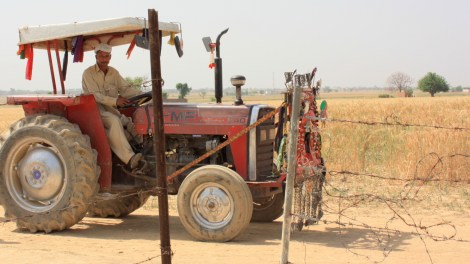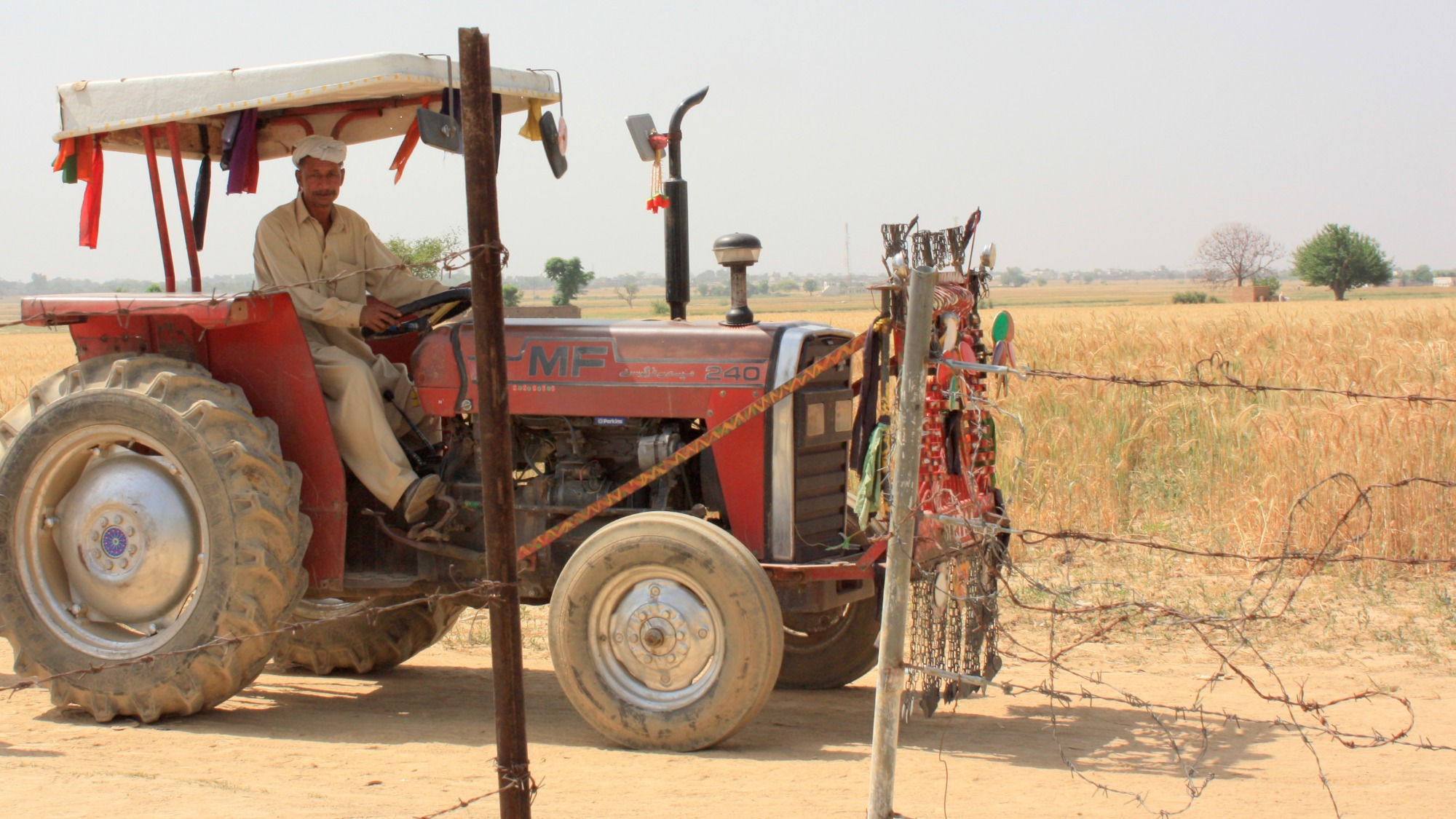
Anduze travellerIt’s mighty dry out there …
Floods get a lot of attention in our warming world. They can kill people and livestock, inundate crops, destroy infrastructure and homes — and they make great photo ops. Less attention — and less international aid — is directed to victims of intense heat waves that are also linked to climate change.
But it is these heat waves that are most responsible when Pakistanis leave their villages, new research suggests.
Pakistan is a depressing climate case study because its residents are so vulnerable to global warming. The country is poor, it floods easily, and it can be hotter than hell (if your idea of hell is, say, Afghanistan, just to Pakistan’s north).
Researchers analyzed weather records and 21 years worth of survey data of 522 households in rural Pakistan in an attempt to figure out which extreme weather phenomena might be driving villagers from their homes. Migration rates were rather low — about 1 or 2 percent of residents left their villages during the 21 years. But when they did leave, the reason for the migration was often linked to a heat wave. Heat waves are worsening in the region as the climate changes.
Women and men were found to respond to heat waves by leaving their villages, but men were more likely to move vast distances. From the scientists’ new paper, published last week in the journal Nature Climate Change:
Pakistan is highly vulnerable to climate change and involuntary displacement. …
Agricultural income suffers tremendously when temperatures are extremely hot — wiping out over a third of farming income. Non-farm income also experiences losses from heat stress, but to a lesser extent (16%). …
We find that flooding — a climate shock associated with large relief efforts — has modest to insignificant impacts on migration. Heat stress, however — which has attracted relatively little relief — consistently increases the long-term migration of men, driven by a negative effect on farm and non-farm income.
Floods play better than heat waves on television, but this research, combined with growing scientific alarm over skyrocketing numbers of deaths around the world linked to heat stress, highlights why we also need to be paying attention to some of the less photogenic symptoms of a warming globe.



